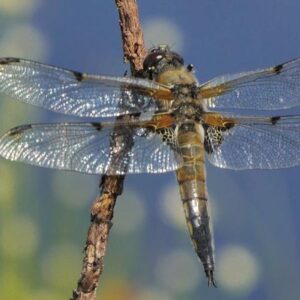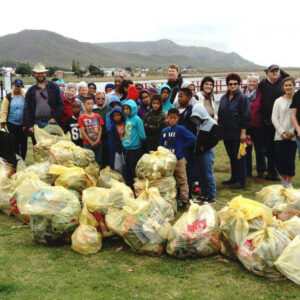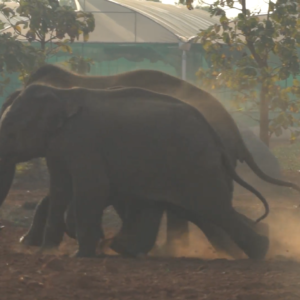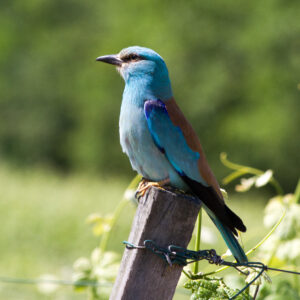
Expanding conservation in Peru
Expanding conservation in northern Peru
Peruvian coastal dry forests are among the most threatened and least studied forested ecosystems in the world with only 2% remaining. A Rocha Peru has successfully reforested 12 hectares of dry forest on ContourGlobal’s wind farm site in Talara, northern Peru. The project was carried out in collaboration with eight neighbourhood councils adjacent to the wind farm, along with support from energy company ContourGlobal and community organization Conservamos por Naturaleza. Peruvian dry forests are crucial for combating desertification, natural disasters, and protecting endangered species. This unique partnership has given fresh hope that dry forests can be restored.
Prosopis trees are some of the most economically and ecologically important species in the world’s arid and semi-arid zones. Small leaves help them conserve water in the dry environment. Roots extend deep into the earth in search of water. They play a vital role in sustaining the natural ecosystem. They also support local wildlife, including the Vulnerable Spectacled Bear Tremarctos ornatus, the Endangered bird, the White-winged guan Penelope albipennis, and rare Desert Tegu Dicrodon guttulatum, amongst others.
The trees are selectively logged for fuel for rural households and charcoal and traded illegally for use by businesses in poultry markets and restaurants in major cities. Landowners also convert large areas of the dry forest landscape into agricultural land.
Now, restoration efforts have led to native birds, such as the Endangered Peruvian Plantcutter Phytotoma raimondii, nesting once again and native plants to flourish. The partnership has also enabled children and adults in the community to learn the importance of dry forest restoration, many of whom have become local environmental leaders.
Only Prosopis trees can grow in this part of Peru. They were an integral part of pre-Columbian cultures. Though most have gone, they still play a major role in traditional agriculture, providing farmers with shade, and their livestock with food. They can also be used to create innovative products, such as ice cream, which provide additional income for local people.
The project has also been extended to La Libertad, where the team has been working with community members to reforest 1.6 hectares, conduct monitoring visits of the reforested areas and deliver agroforestry plants to farmers to restore their degraded land. Fuel-efficient cookstoves have been installed for families, which are helping to cut fuel consumption in half, reduce the need to cut down trees, improve air quality, and lower greenhouse gas emissions. Local conservation groups are being trained on topics such as tourism and forest fires, and are discussing interventions to help combat illegal logging and deforestation. Already new species of plants and wildlife have been identified in the El Cañoncillo Private Conservation Area, including Sapote Capparis scabrida, Cuncun Vallesia glabra and the Pale-legged Hornero Furnarius leucopus.
A Rocha Peru also works with farmers to encourage the cultivation of calabashes Lagenaria siceraria, while improving irrigation management and pest control. Calabashes are an important crop in the region and are used to make one of the oldest musical instruments of the Afro-Peruvian community. Local craftswomen are being taught traditional techniques such as spinning, which are helping to conserve a native cotton species and improve the livelihoods of community members.
At the same time a programme in La Libertad is educating churches through seminars and conferences on the importance of God’s creation.
Visit the A Rocha Peru website for more about their work.
Get our email updates
We would love to keep you updated by email with new videos and inspiring stories from around the world, as well as opportunities to get involved and make a difference.
Get our email updates
We would love to keep you updated by email with new videos and inspiring stories from around the world, as well as opportunities to get involved and make a difference.


